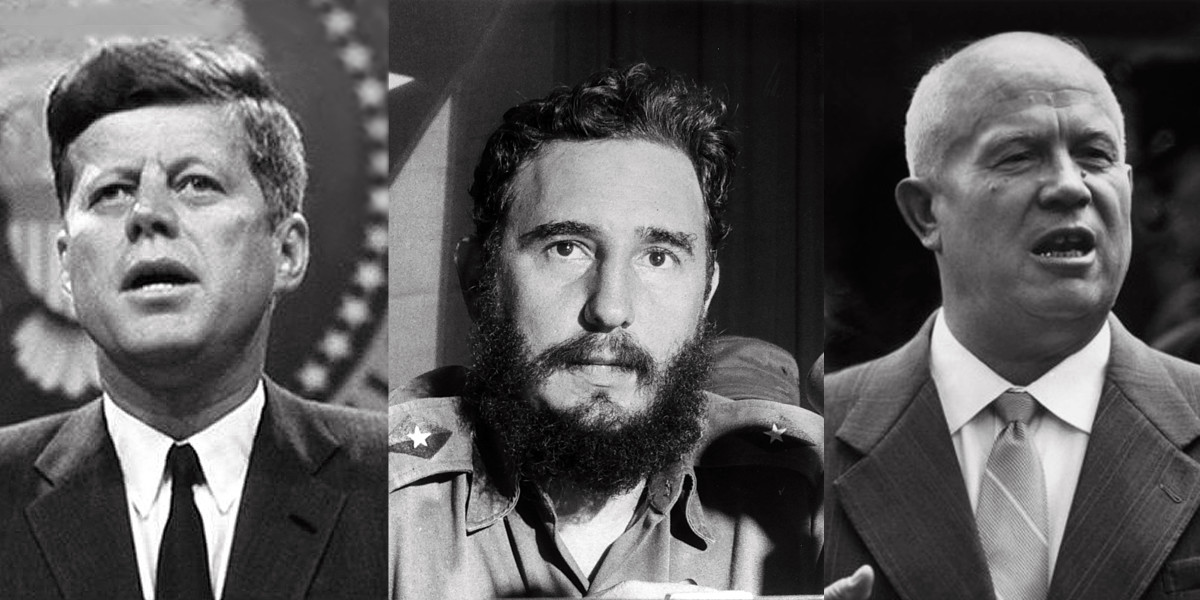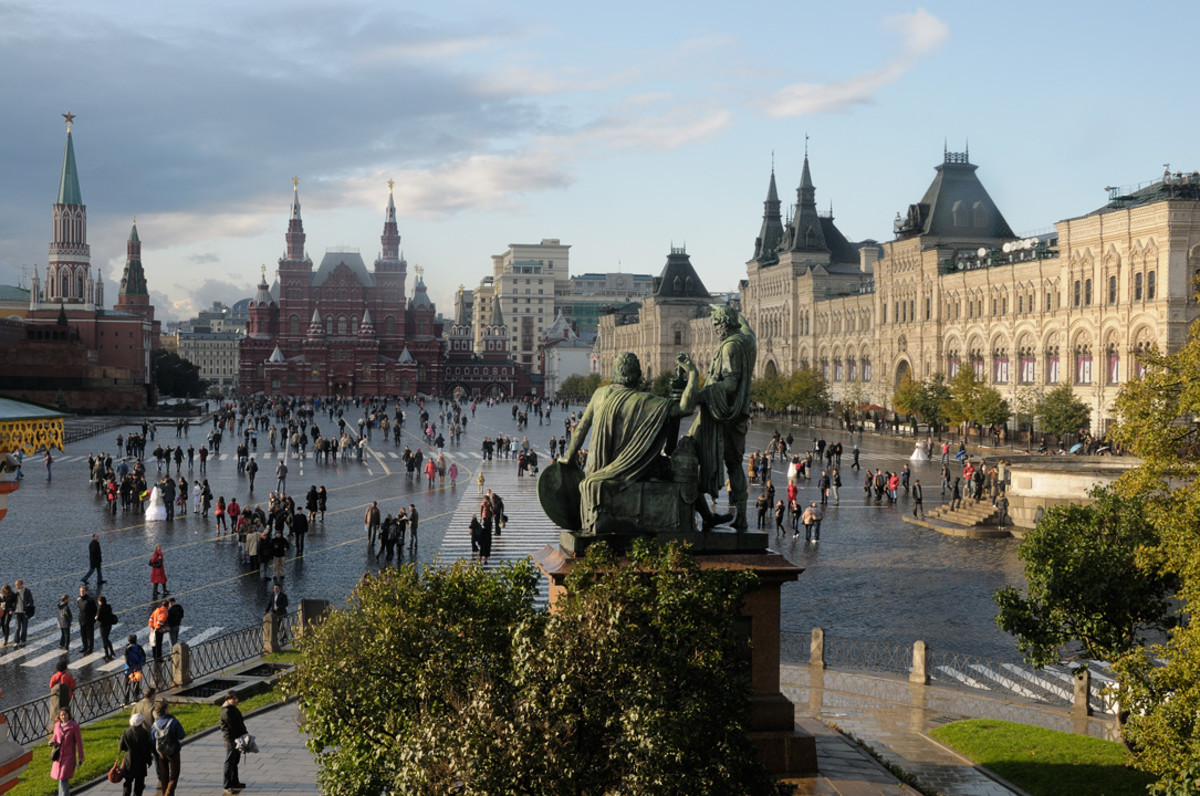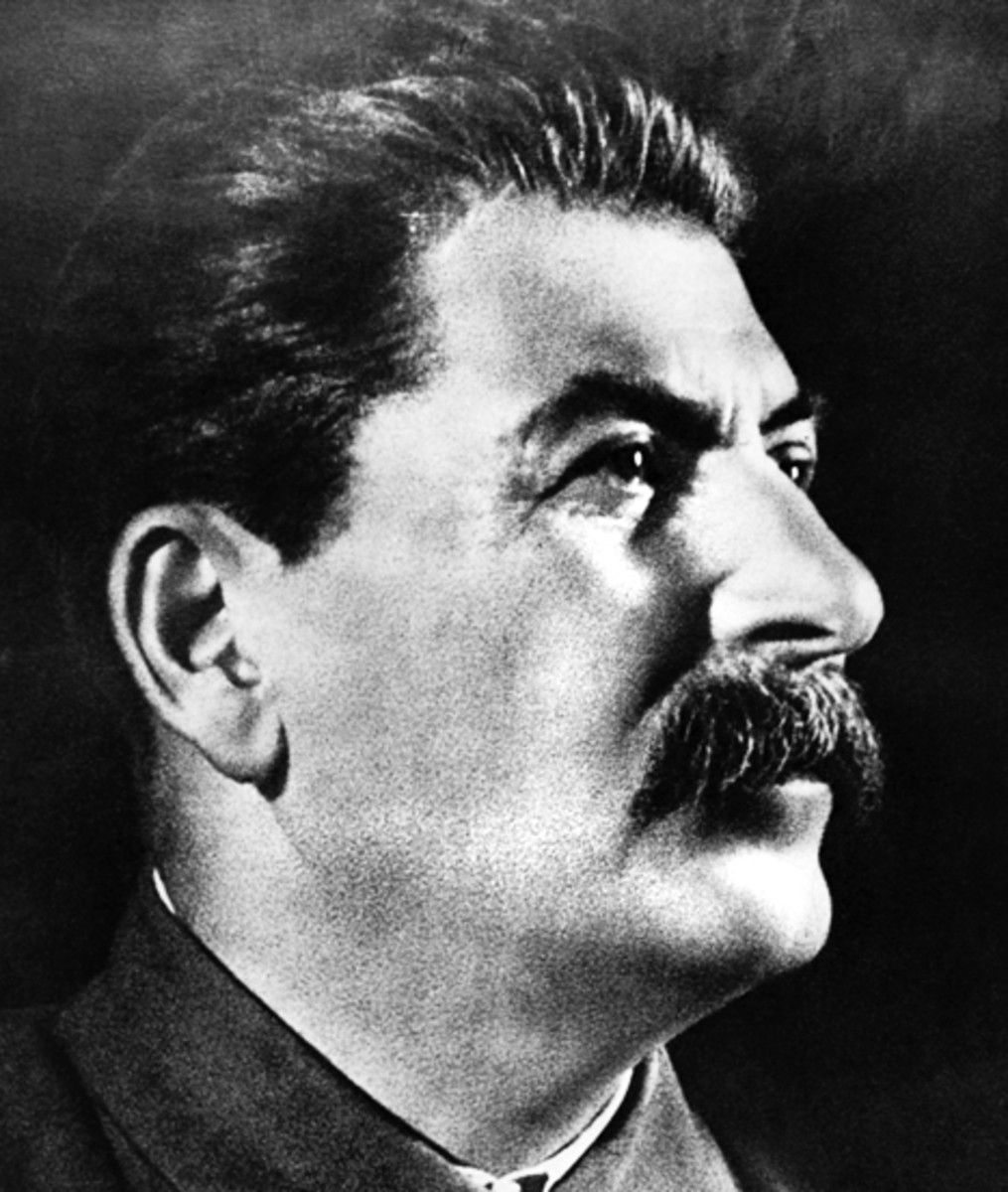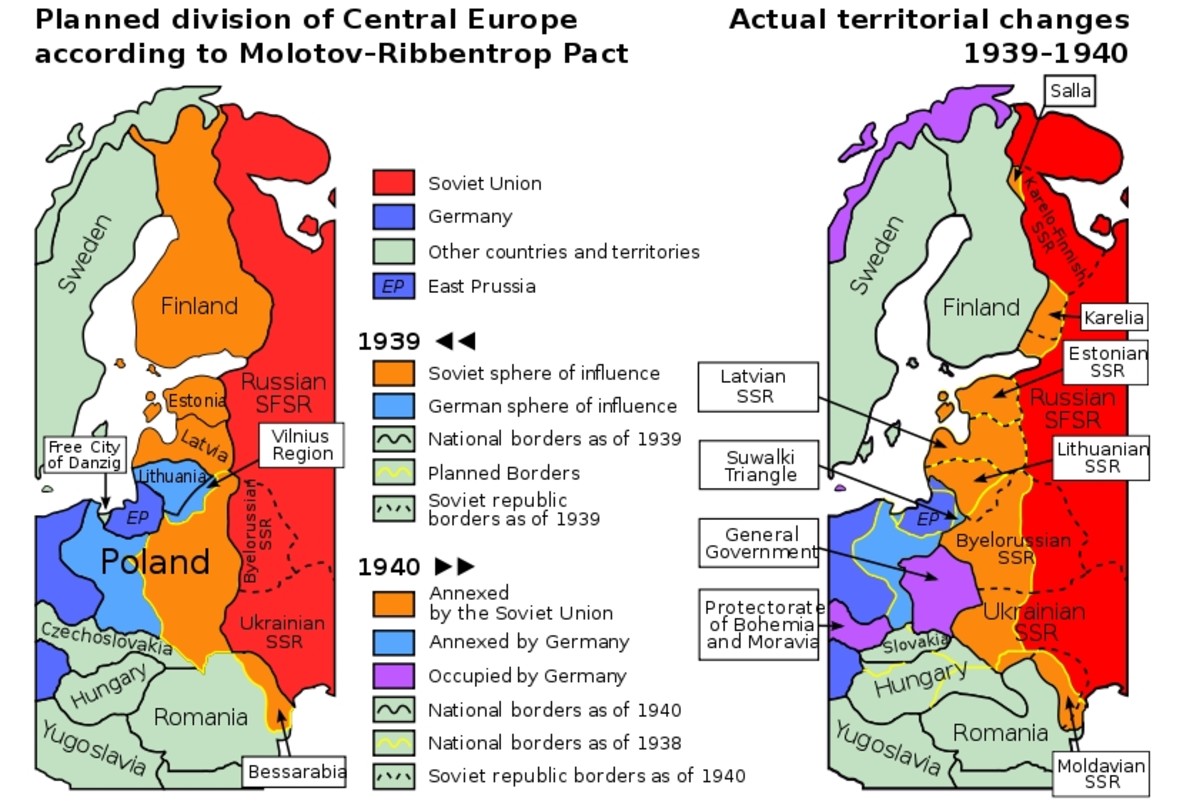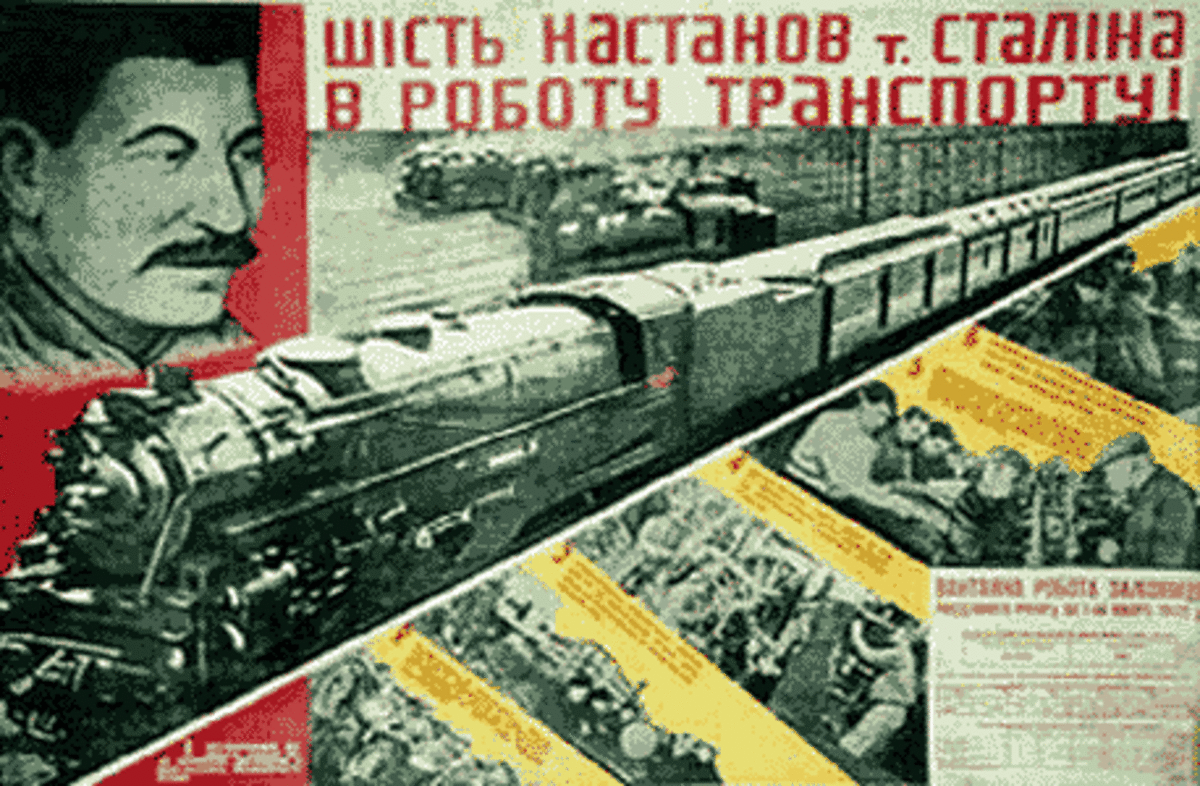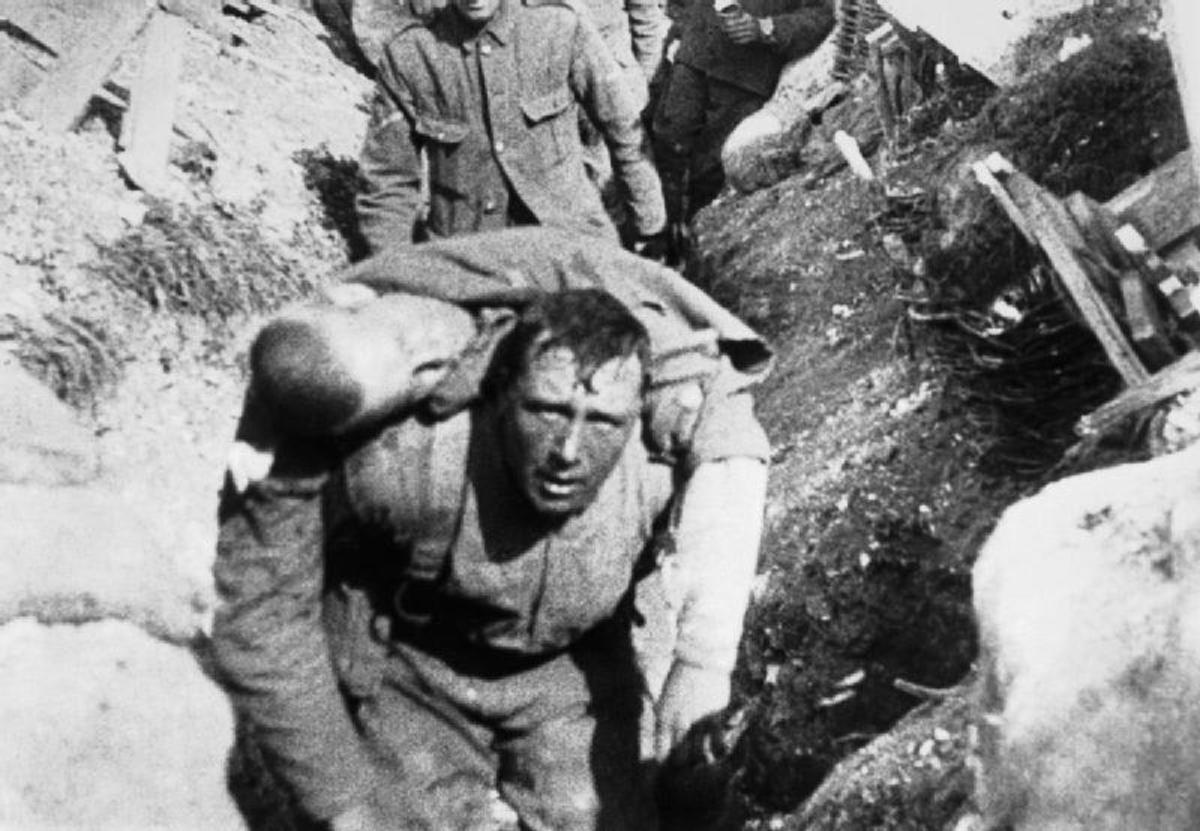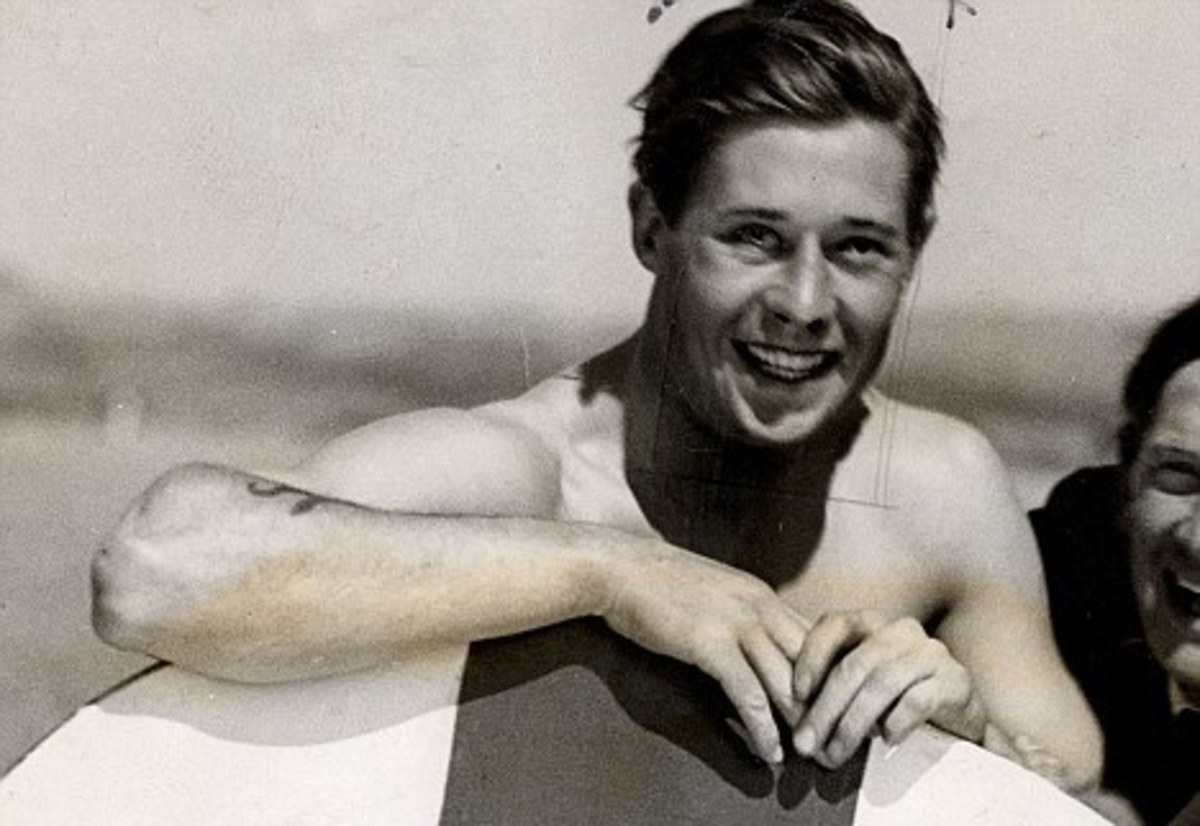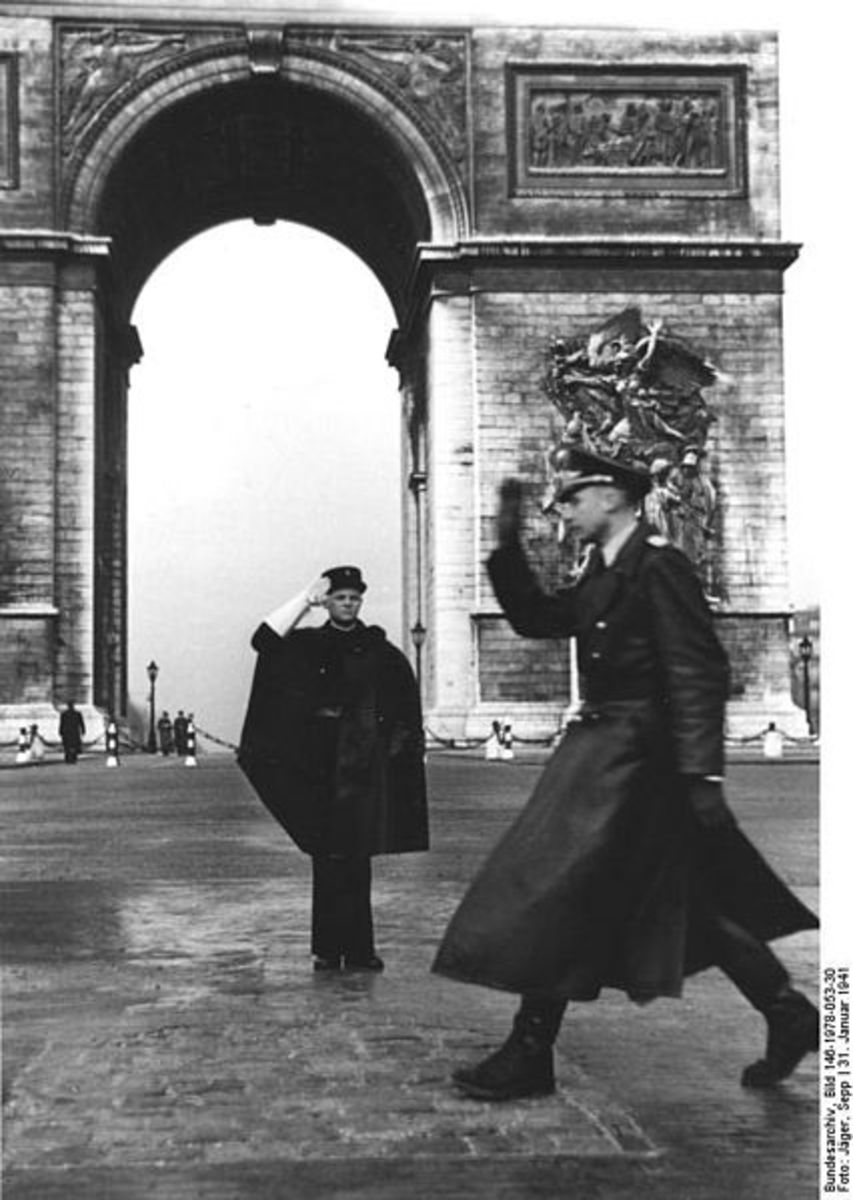- HubPages»
- Education and Science»
- History & Archaeology»
- History of the Modern Era»
- Twentieth Century History
Soviet Union in 1989. Virus of freedom and crush of the socialism
Glasnost that killed the USSR
A previos hub : Gorbachev in 1988.
The year 1989 was a year when the crash of the USSR became inevitable and the country was doomed.
The society had already a feeling that everything was allowed. Any criticism of the government and the Party was welcomed and what is more important you had a chance not to get in a KGB prison as a political prisoner. Glasnost and democracy did an incredible thing – prepared ground for the self-destruction of the socialism in the USSR. In the previous years the United States made so many efforts to win the cold war and now USSR was going to fall down itself.
People learned how to live in the new conditions and the basic problem most people had – how to get money for food. The state owned enterprises started to fall apart. In 1989 for the first time after the WW2 the ration cards were implemented. First cards limited the amount of sugar people could buy. The ratio was 1 kg of sugar per person per month. Problems with sugar were a result of the heroic fight of a soviet government against alcohol and moonshine production. Government (read Gorbachev) believed that a limitation of sugar production would stop production home-made vodka. Less sugar beet was planted and less sugar was produced.
When the political weather became warmer the society changed and this change led to other relations in a society. Applying that to the USSR people felt that they can do other things rather than to work in a state enterprise. The Communist Party lost the strength and force as it had before. The most active people who started from cooperatives became businessman and started an initial accumulation of capital. The first official millionaire appeared. His name was Artem Tarasov. He became famous for his honesty. Communist party members had to pay party dues. It was a certain percentage of wages. When Tarasov brought his monthly party dues it was 7 kg of paper money. Can you imagine a better advertising? Tax inspection was shocked. They just could not get it how a person can make such money! Numerous checks by the tax inspection taught people that it is better NOT to make extra money than to lose it in an uneven fight with a state. By the way first commercials appeared on TV also in 1989.
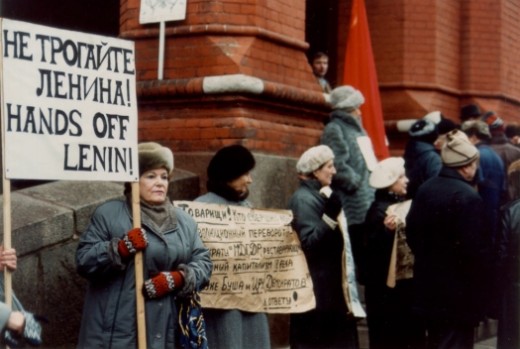
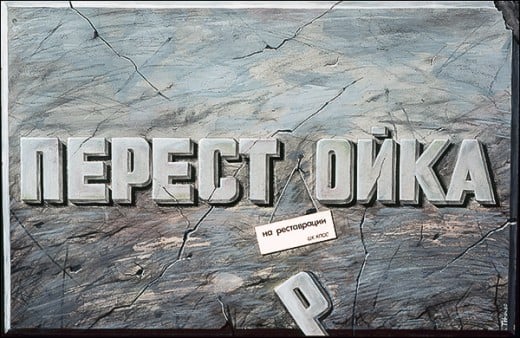
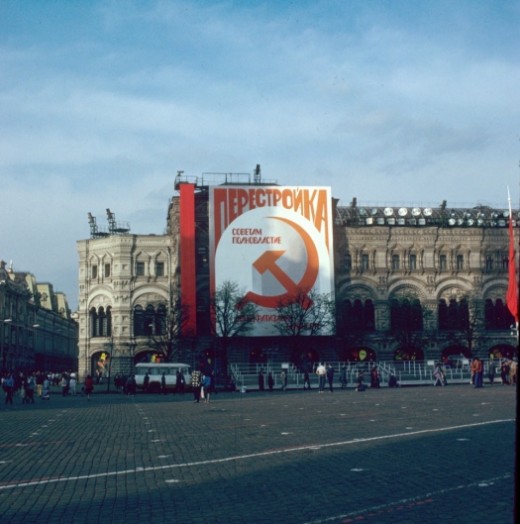
1989 was a year of Soviet army withdrawal from Afghanistan. Finally it happened. 9 years spent in this country were good for nothing. We were fighting with ghosts. Several thousand soviet soldiers killed and several dozen thousands of civil people. Was it worth it? Hard to say now, not living there. All foreign diplomatic missions rushed to evacuate their personnel. No-one wanted to deal with mujahedin. The temporary government in Afghanistan was too weak to stand against mujahedin.
A biggest catastrophe happened in the USSR in summer 1989. While two trains were on a small station a gas pipe of big diameter exploded. Two trains full of children going to the Black Sea coast were on fire. 575 people died. Several railway wagons with children turned into ashes. An investigation found than an excavator damaged the pipe of the gas line.
This year was also known for the fire in the nuclear submarine “Komsomolets”. 53 people died. What was different from previous years – all these events were in all newspapers and on TV. Now none conceals anything.
The “virus of freedom” was spreading all over the Soviet republics. One by one they declared about intention to leave the USSR. First were Lithuania, Estonia and Latvia. One of the next was Georgia. Huge meetings were held on the 8-9thofApril. People wanted independence. Mikhail Gorbachev could not afford the country to fall apart, so military troops marched into the capital of Georgia and with help of bullets and entrenching shovels made an order there. The funerals of citizens became a vivid example of what will be done with separatists. It was a huge slap on the image of Gorbachev as a peacemaker and democracy – builder. He took into account that and if had to make such a hard decision in the future he said that it was made without him, or that he was out and did not know about it etc.
All over the republics of the USSR meetings were held. Uzbekistan, Ossetia, Azerbaijan, Armenia, Ukraine – all of them wanted independence.
An opposition appeared in the USSR. Boris Yeltsin was a first man who stood against Gorbachev initiatives and criticized the way he deals with a country.
Numerous meetings rolled over the country. Population demanded stability and wages. At Moscow meetings were held almost every day. Sometimes they collect up to 100000 people. The meetings of miners were especially known. All over the country trade unions raze miners to demand wages. They were not paid for several months but continued to go to work. A popular joke of that time:
Two directors of big factories met:
- I do not pay my employee wages but they keep coming to work every day. What can I do?
- Did you try to charge an entry fee?
Socialism started to crash but a new system of capitalism was not built yet. This transitional period was a start of a very hard time in our life. It seems there is nothingbadin a separation of republics but this is not good at all. Just imagine a society with a rigid system of planned economy. Not an enterprise but a ministry in Moscow made decisions what to produce, where to produce and where it should be sent. The factory or plant itself found neither suppliers, nor buyers for their goods. For example an enterprise in Ukraine was sewing coats. The buttons could come from Lithuania, the cloth could come from Belarus, the cotton came from Uzbekistan, and the fur for a collar came from Russia. There was no need to support a Ukrainian producer of these materials because the USSR was a united country with a national united economy.
Now imagine that Uzbekistan separates from the USSR and the NEW country instead of an old republic says, that they do not care what the Soviet government planned. Now they have to develop their own economy. If there were no coats sewed, less transport was used to deliver them to shops. No goods in the shops - the cashiers leave their job to look for another place. But they could not find anything because the same situation was EVERYWHERE. Each enterprise depended on suppliers from other regions and each had to deliver their goods, equipment to other regions too…
Not only USSR but Eastern Europe got a virus of perestroika. It was called ” the export of perestroika to East Europe”. One by one we witnessed Poland which did not elect communists to the Government, Hungary which voted for rejecting socialism as a system and chose a way to build capitalism, Czech Republic with their “Velvet Revolution” and Vaclav Havel as a president. Bulgaria got rid of the dictatorship of Todor Zhivkov and Ceausescu was arrested in Romania. Romania was one of the poorest countries in Europe during a period of socialism. Methods of dictatorship which Ceausescu used were horrible and the information that he was sentenced to capital punishment did not surprise anyone at all.
The citizens of Germany also had big expectations connected with perestroika. Not only the USSR was in the process of changes, the Europe was changing too. Germany (with written permission of Gorbachev) made a decision to “break the wall” between eastern and western parts of Berlin. Some politician assumed that Gorbachev missed an opportunity to ask FRG to leave NATO in exchange for his permission to unite Germany. Instead the Soviet Union received money necessary to withdraw Soviet troops from the territory of the GDR.
On November the 10thitwas announced that at 5.00 P.M.afree entrance to West Berlin will be opened. Hundreds of thousands from both sides of the wall welcomed this event. The unification made Germany one of the strongest countries in Europe.
The Communist Party in the USSR had one crushing hit after another. As soon as the Soviet Union lost numerous republics, it lost also a lot of property in there (till now countries of the ex-USSR argue who owes whom for the property of the USSR and the Communist Party).
The international success of Gorbachev was huge. In the end of the year he traditionally met with the president of the USA. Now it was Bush. Gorbachev gets a support and admiration of Europe. He was the first Soviet leader whose political activity was widely discussed and approved by a world community. But inside of the country perestroika ruined a usual set of events. The younger generation was able to change and to adjust to the new life, but older people saw that their world is broken.
At the end of 1989 the socialism as such still exists in the USSR, but the process of its crush was initiated.


